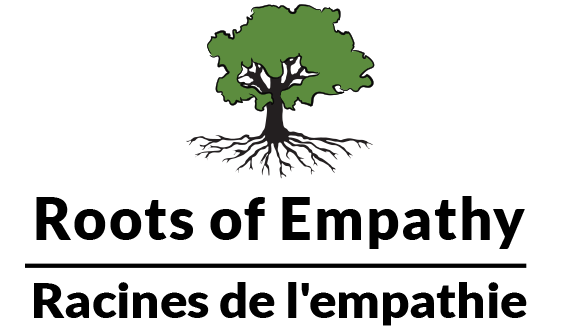Roots of Empathy Founder and President Mary Gordon has joined the C20 working group (C20 Group) “Education and Digital Transformation”, and joined a Panel Discussion on March 11 called “Education for Life & Global Citizenship”.
The C20 Group will be working towards a policy document to be presented to G20 Leaders that is starting from some of these opening concepts:
- “Education is an indispensable part of an individual’s life. The education one receives paves the path and sets the direction that the individual takes his/her life in.”
- “Though it is certain that the standard education one receives today enables the individual to pursue his/her dreams, interests and be successful professionally, the question remains whether the individual is content and happy in life.”
- There is a huge disparity between most and least happy countries based on the World Happiness Report.
- “This calls for an education system that, along with professional and materialistic success, teaches an individual how to live life meaningfully, inculcating values, empathy, acceptance, understanding and the like – to be better prepared for all life experiences, both pleasant and otherwise.”
Working towards happiness, education for life, and global citizenship – 3 insights from our Founder and President Mary Gordon’s speech on the Panel:
1. The crisis of connection in society can be addressed by bringing together family and education to learn from the power of love.
“We need to be intentional in helping children understand themselves, and in order to be able to connect to and understand others, and to build connection in the world – and to break this impasse of disconnection – we need to help children understand and be able to name their feelings and read the emotional cues in others. In Roots of Empathy we have a lot of discussions about how children feel and about their responsibility in the world to one another, to themselves – because the children sitting in the classrooms today are not only the citizens of tomorrow, they are the leaders of tomorrow, and they are the parents of tomorrow – and the 2 most important institutions are the family and education. Bringing them together to learn from the power of love really enables.”
2. Make more children feel like they belong.

“Too many ache to belong – it should be a right.” By helping children develop intrinsic motivation they will learn “to do things because it is the right thing to do, not just to have competition – to have collaboration – to learn to depend on each other <so they can help each other>. The youngest child needs to have a sense of being able to contribute.”
3. It is all about children, love and empathy, but it is also about teachers.
‘Children do learn through relationships more than curriculum. We need to love our teachers. The relationship a child has with a teacher – the child is watching all the time – it is not just what the teacher says – it is how the teacher looks at the children, how the teacher responds to the children – we need to make sure we hold teachers up and support them. That we help teachers see children empathically, not just their math scores. That’s how we can reach children who wear their pain in their behaviour.’

